
Eytan Ruppin: The very first systematic review and analysis on synthetic lethality in oncology
Quoting Eytan Ruppin, Chief at the Cancer Data Science Lab of the National Institute of Health (NIH), on X/Twitter:
“Excited to share our recent work published in Med by Cell Press, the very first systematic review and analysis on synthetic lethality in oncology, led by Alejandro Schäffer, Youngmin Chung, Ashwin Kammula and Joo Sang Lee. Buckle up!
First Systematic Review: there were many reviews on synthetic lethality in cancer research but this is the very first systematic review exploring the landscape of synthetic lethality (SL) in oncology from 206 preclinical studies and >1,200 clinical trials.
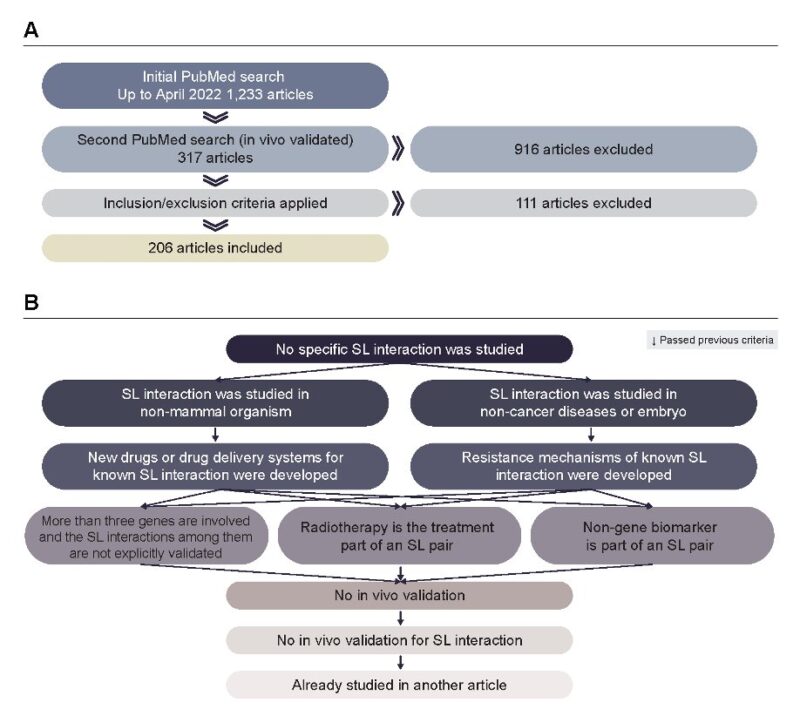
Did you know that almost 60% of preclinically validated SL studies focus on non-DNA damage response pathways? This shows a growing interest in SL beyond its traditional domain.
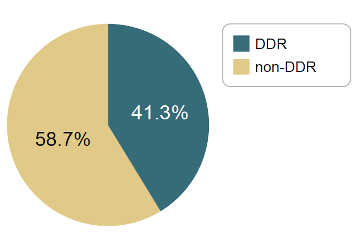
How are SL pairs identified? Most SL pairs are identified based on biological knowledge (59.6%), but some are found through large-scale screens like RNA interference (13.2%), CRISPR-Cas9 (4.3%), or recently emerging computational methods (9.4%).
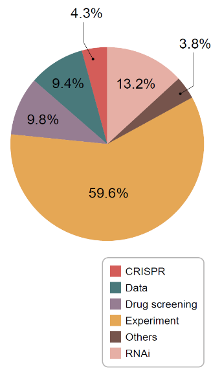
Emerging trend: higher-order SL interactions involving more than two genes are gaining interest, potentially improving patient selection in future clinical trials.
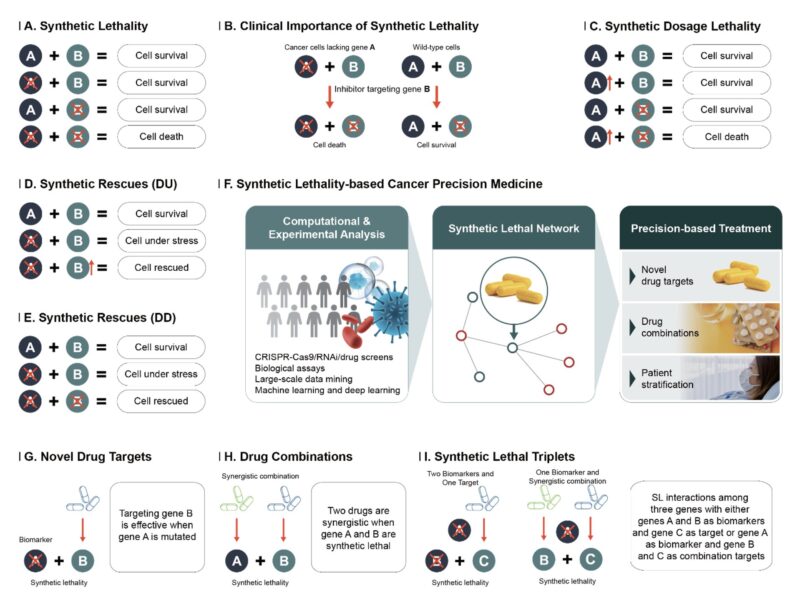
The clinical landscape of SL in oncology trials: Over 1,200 clinical trials are exploring SL-based treatments, increasing over time. DDR pathways are a major focus, but non-DDR pathways are gaining ground, offering new opportunities.
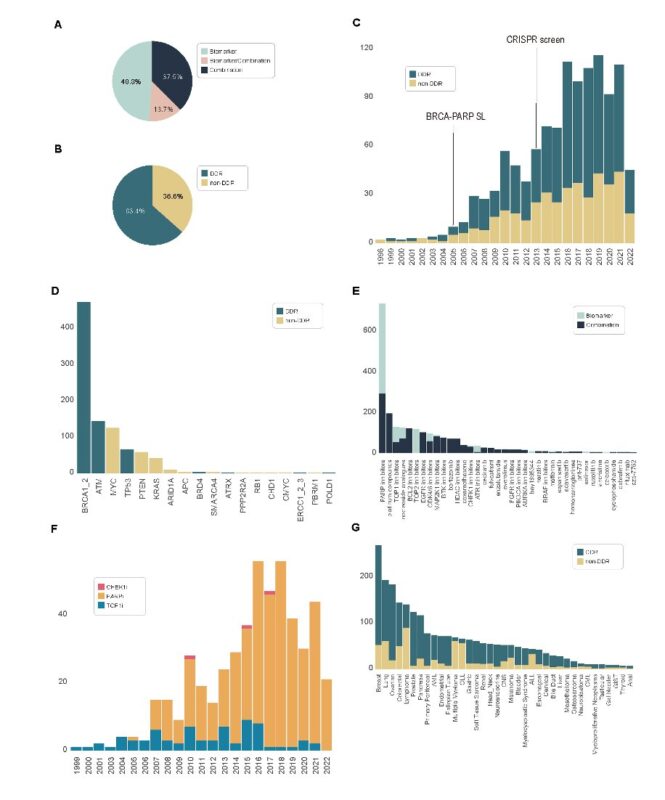
Success rates are promising: SL-based trials boast higher success rates compared to non-SL oncology trials. This suggests the potential of SL-based therapies grounded in well-established mechanisms.
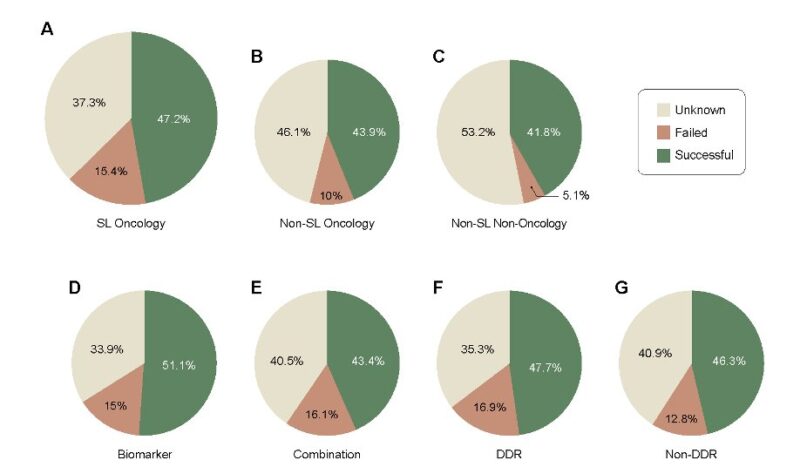
Untapped potential. Out of 235 preclinically validated SL interactions, only 25.8% have been tested in clinical trials. This means there’s a wealth of untapped possibilities for future SL-based studies.
The future of precision oncology: synthetic lethality aligns with the vision of precision oncology, where omics data drive personalized treatments. Challenges exist but are being addressed. The future looks promising for SL in cancer therapy.
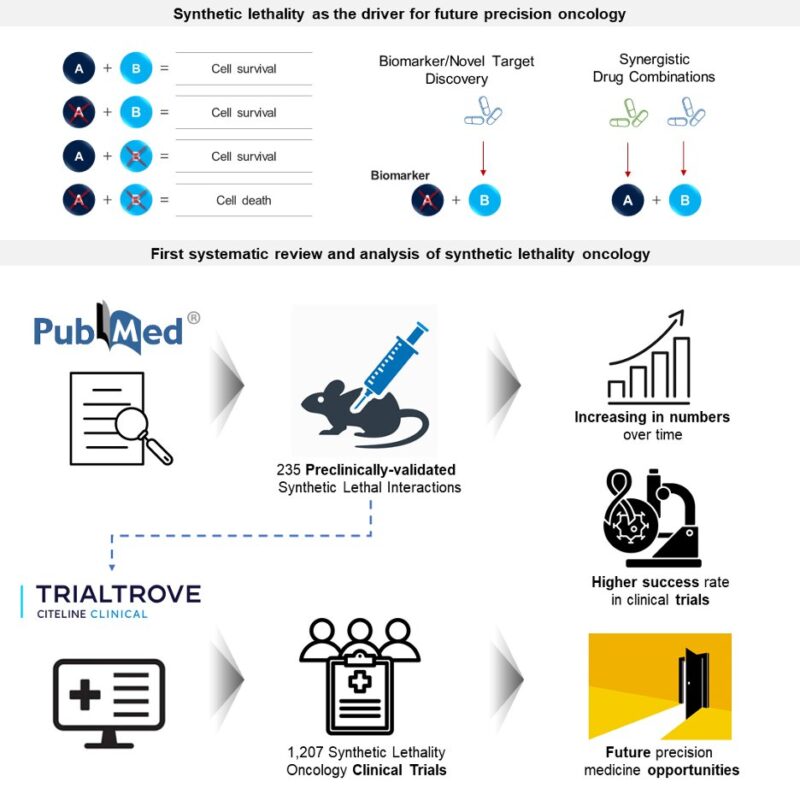
And last but not the least, I would like to thank all the patients who participated in the trials and researchers in the field. All the members of Joo Sang Lee’s lab for data curation. Samsung Electronics, National Cancer Institute for the funding and resources.”
Read further.
Source: Eytan Ruppin/X
